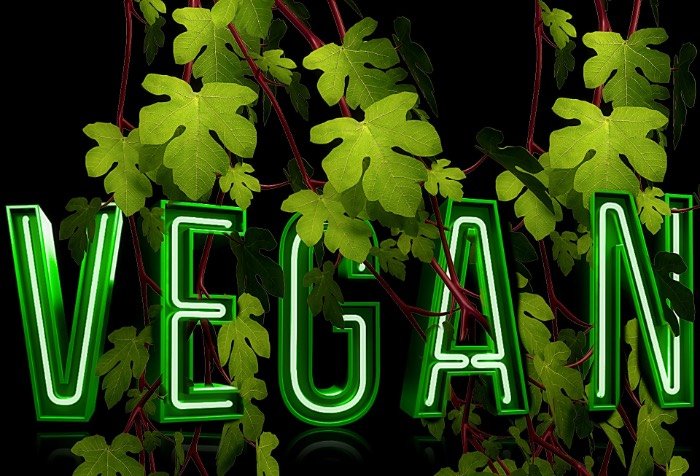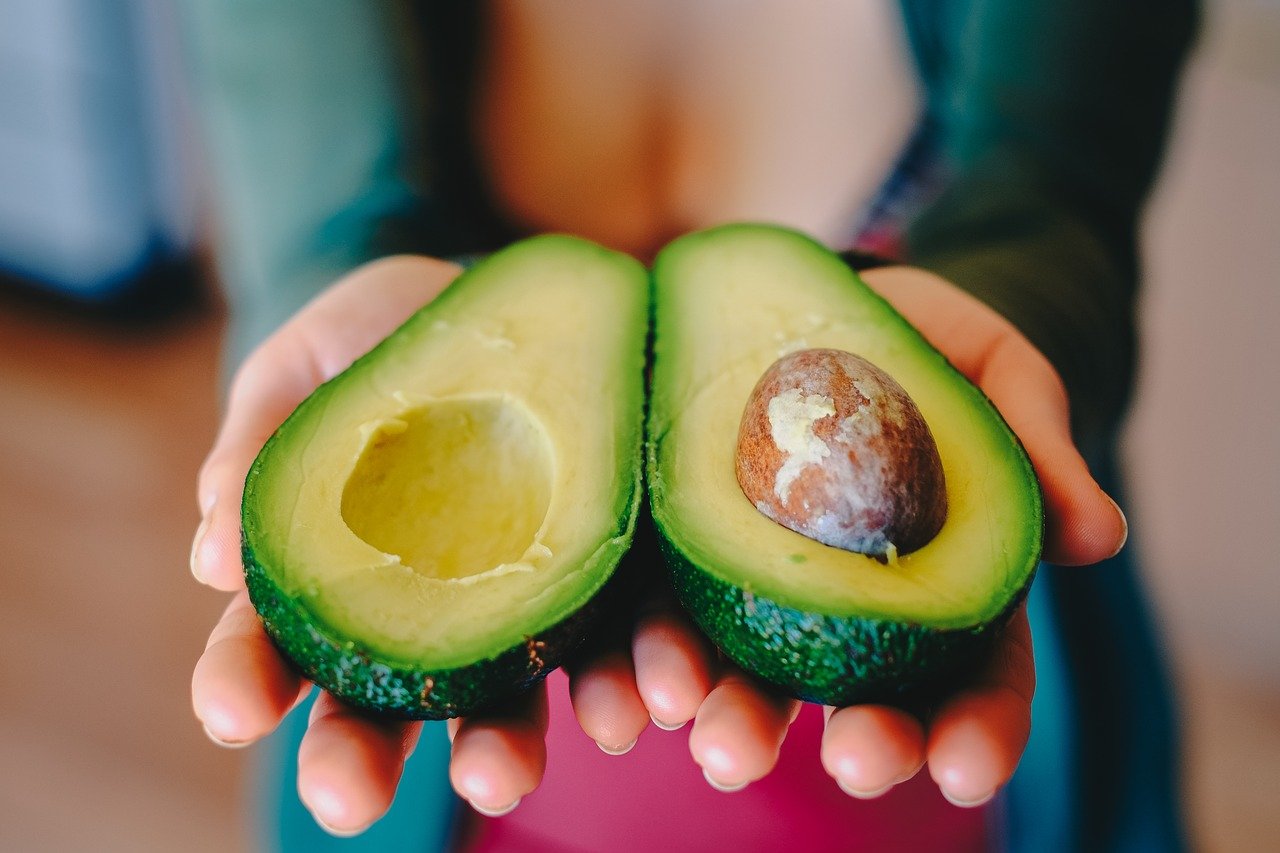Vegan 101: Transitioning to a Vegan Lifestyle

Are you looking to switch to a vegan diet? There is a significant shift in the fast food and grocery options as more people consider cutting out animal products from their meals and shifting to plant-based alternatives. According to a study done in 2017, the number of consumers claiming to be vegan was 6% higher than just 1% in 2014. For most people, the change is due to either ethical or health reasons.
But changing to a vegan diet does take a bit of thought and preparation since it may lead to some nutritional challenges if you are not careful. For example, your body might not react well to doubling or tripling your fiber intake. You have to gradually do it, giving your body enough time to adjust and find a good balance.
So, how do you start your vegan journey? Here are some guidelines and ideas that can help you switch into a vegan diet smoothly.
Take Your Time to Learn About Being Vegan
Learning about veganism helps you to familiarize yourself with all that it entails. As you learn about the benefits of leading a vegan lifestyle, you can get to identify your reasons for wanting to make a switch.
It also helps you identify vegan products and ingredients without any help and tell if there are animal-derived ingredients in unsuspecting products. The less processed the food you buy, the easier it is to identify that it is vegan. An apple? Vegan! A bag of dried beans? Vegan! A can of beans? Maybe, gotta look at the ingredients.
Some products are market that they are vegan or suitable for vegans. We've noticed that Kroger has started doing this with some of their house brand products like hamburger buns. When in doubt, check out this list of animal derived ingredients to avoid and don't beat yourself up if you make a mistake.
Start with Simple Food Changes First
The best way to begin your vegan journey is to make changes to the most accessible foods first. Try making changes to a meal that you are already eating that can easily be changed into vegan. A good example is drinking plant-based milk instead of regular milk when eating your oatmeal or using lentils in place of ground beef when preparing Bolognese.
If you have a favorite dish that you would like to make vegan, try searching the web for "vegan your favorite dish." You might be surprised how easy it is to make it vegan.
While it is essential to have your end goal in mind, you should make your vegan switch at your own pace. While some people can completely overhaul their diet overnight, the approach may not necessarily work for you. Like any other lifestyle change, it may take some time to find what works best for you since there is no one-size-fits-all formula to follow.
Consider What You're Adding Than Subtracting
As you start your vegan lifestyle, you should allow yourself to learn at a steady pace. Rather than creating elaborate meals, you should try and keep it simple by making the meals you love and replacing the animal product components with plant-based ingredients. Give yourself time to commit yourself to the diet completely. With time, you can start experimenting with new recipes and.
Rather than focusing your thoughts on what you cannot eat, you should place your thoughts more on your diet's new additions. Think about all the vegetables, nuts, cuisines, and juicer recipes you may be trying out for the first time. By increasing these portions over time, your meal will eventually consist of more plant-based ingredients than animal-based ingredients.
Do Not Be Hard on Yourself
Changing your diet is not guaranteed to be easy. It can take some time before you fully assimilate to the new diet. Therefore, it is common for you to slip up and resume your previous diet occasionally. Instead of being hard on yourself, you should assess yourself and try to find a reason why that happened.
Was it because you were too hungry? Or were you having a craving for an old favorite meal? Once you identify the problem, you can take stringent measures to prevent such slips ups from happening in the future.
Summing up
As you start your vegan lifestyle, you should allow yourself to learn at a steady pace. Rather than creating elaborate meals, you should try and keep it simple by making the meals you love and replacing the animal product components with plant-based ingredients. Give yourself time to commit yourself to the diet completely. With time, you can start experimenting with new recipes and visit places with great vegan food.
